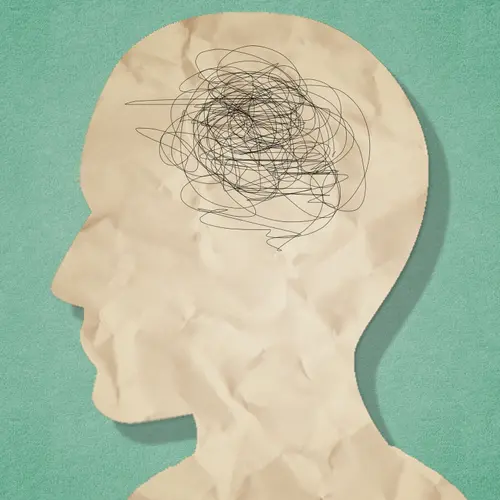Medication helped Katie Hamann manage symptoms of her attention deficit hyperactivity disorder (ADHD) like inattention and feelings of distraction. Still, she felt there was more she could do to help herself navigate life with her condition.
Hamann, 38, started seeing a therapist 3 years ago to help her with time management and organization.
"Having kids threw a curveball in my time management system," she says. "I was no longer managing just me and I needed help."
The Importance of Therapy
When it comes to treating ADHD in adults, the most effective approach appears to be a combination of medication, skills training, and counseling.
Research suggests that adults with ADHD who have a treatment plan that includes medication and cognitive behavioral therapy (a form of talk therapy aimed at changing patterns in thinking and behavior) are able to manage their symptoms easier than those who only take medication. Organizational skills and self-esteem seem to improve as well.
Hamann participated in CBT for 3 months. During her sessions, her therapist helped her end negative self-talk and boost her self-esteem. She also got organizational tips to help her make project timelines.
"There are behavioral skills that adults with ADHD don’t use as often or as effectively as adults without ADHD," explains John Mitchell, PhD, assistant professor in the Duke ADHD Program at Duke University Medical Center. "CBT helps with learning new behaviors and learning how to consistently implement them over time until they become a habit."
Finding the Right Fit
Your primary care doctor can refer you to a therapist. While there are therapists who specialize in CBT for adults with ADHD, Mitchell admits that it might be difficult to find one.
Hamann says connection is crucial.
"You have to find someone you feel comfortable talking to," she says.
What’s more, insurance may not cover the cost. One recent study found that 1 in 4 people don't have a mental health provider in their insurance network and that 15% of those people have to pay more than $200 out of pocket for mental health services.
Explore a Team Approach
Group therapy could be a more affordable, accessible alternative to individual therapy.
"Groups can be very targeted in addressing the difficulties encountered with ADHD and the coping strategies," says J. Russell Ramsay PhD, associate professor and co-founder and co-director of the Adult ADHD Treatment and Research Program at the University of Pennsylvania.
"The benefit of [group therapy] is being in the program with other adults who have experienced the same things; you’re in a room with other people who get it."
When it comes to relationships, group therapy can help with the toll ADHD can take on a couple. If ADHD symptoms like impulsivity, inattention, and failure to follow through on promises cause issues in your relationships, think about having sessions with a marriage and family therapist.
Call in the Coach
There are even ADHD coaches. They take a hands-on approach, helping adults with ADHD with tools for planning, time management, and goal setting.
ADHD coaches are not licensed mental health professionals, but Ramsay says coaching can be helpful and suggests it as an addition to working with a therapist.
Manage With Mindfulness
Even with effective therapy or coaching, including stress management techniques like mindfulness meditation to your treatment plan is important. Mitchell’s research shows that adults with ADHD who participated in an 8-week mindfulness meditation program saw their symptoms improve.
Mitchell admits that adults with ADHD may struggle to sit still and focus for a 30-minute meditation. Look for ones adapted for ADHD, which tend to be shorter and active, like a 5-minute walking meditation.
"Mindfulness meditation is very complimentary to CBT for adults with ADHD," he says. "It modifies self-talk and teaches you to let go of judgment and focus on radical acceptance."
With the right therapist and the right therapeutic approach, you can grow the skills you need to thrive with ADHD.

